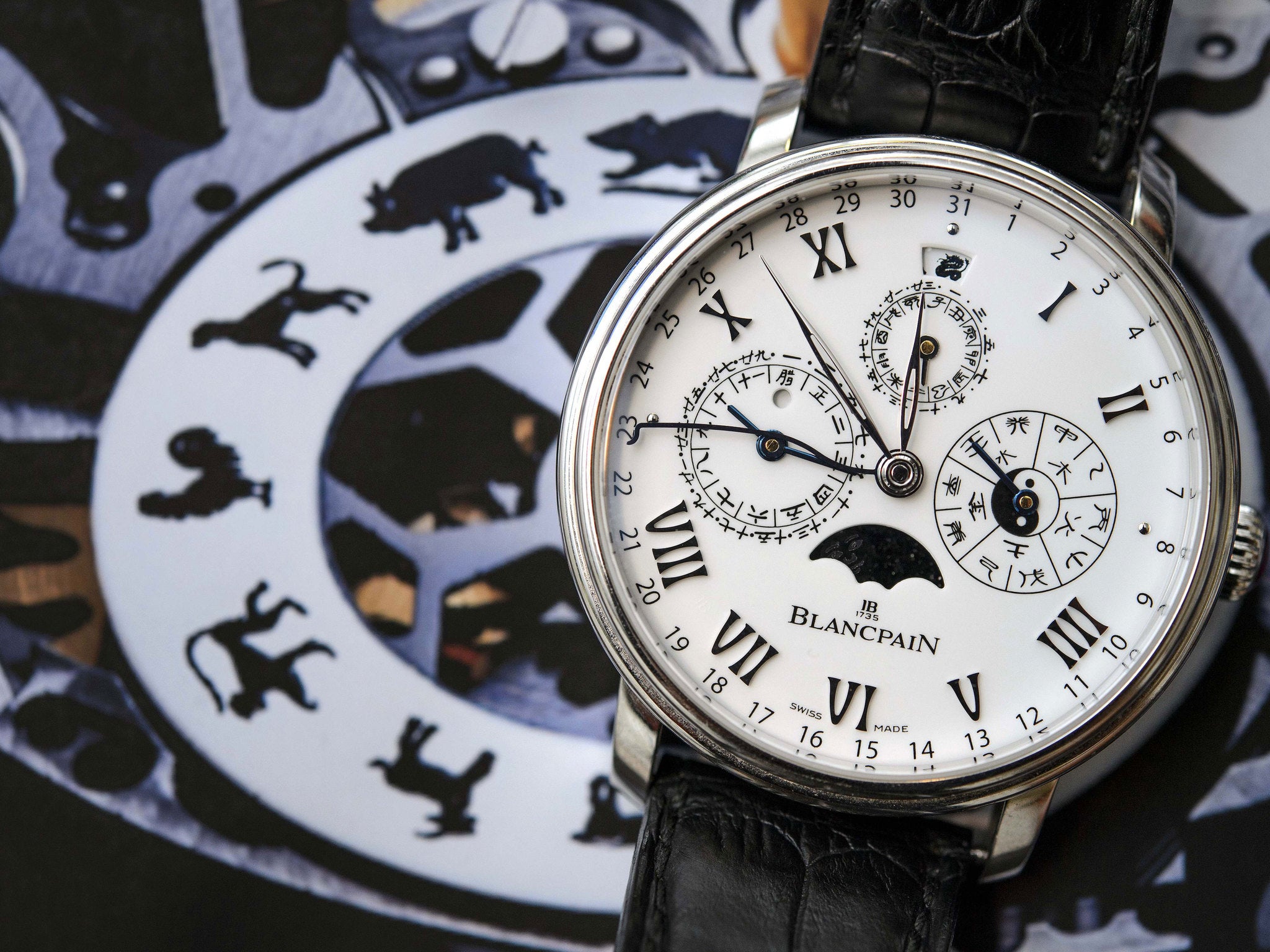Nasa isn't changing our beloved star signs – but the zodiac is still wrong
The furore erupted over an old post designed for children on Nasa’s website

Your support helps us to tell the story
From reproductive rights to climate change to Big Tech, The Independent is on the ground when the story is developing. Whether it's investigating the financials of Elon Musk's pro-Trump PAC or producing our latest documentary, 'The A Word', which shines a light on the American women fighting for reproductive rights, we know how important it is to parse out the facts from the messaging.
At such a critical moment in US history, we need reporters on the ground. Your donation allows us to keep sending journalists to speak to both sides of the story.
The Independent is trusted by Americans across the entire political spectrum. And unlike many other quality news outlets, we choose not to lock Americans out of our reporting and analysis with paywalls. We believe quality journalism should be available to everyone, paid for by those who can afford it.
Your support makes all the difference.Nasa isn’t changing everyone’s star signs. But that hasn’t stopped everyone thinking it is.
Fear, anger and confusion erupted this week when reports, apparently originating in Cosmopolitan, suggested that Nasa was going to be changing the star signs around. What’s more, it said, because of a change in the Earth’s placement, 86 per cent of people’s star signs were wrong.
The trouble is that Nasa does not decide on star signs, and actually has very little interest in astrology at all. What’s more, Nasa’s supposed statement came from a relatively old post meant for children on its website – because the potential problems with the astrological signs isn’t new and doesn’t make much difference.
Nasa’s page, which was meant to explain the difference between astronomy and astrology, explained how what we know as the zodiac is based on one created by the ancient Babylonians, who lived 3,000 years ago. Since then, the position of the Earth relative to the stars has changed – meaning that different constellations will be visible, and that the one people were born under has changed.
All of that isn’t especially controversial. But Cosmopolitan suggested that Nasa’s reporting of it meant that it was going to be officially changing the star signs – as well as introducing a new one, Ophiuchus.
The two announcements caused panic in people who are interested in astronomy, provoking personal crises as it suggested that people weren’t who they thought and might have the wrong signs tattooed on their body. But there is not really any need to worry.
The fact about 86 per cent of people have a different sign than they thought is true. It is the result of a process called precession, where the Earth behaves like a spinning top, which takes 26,000 years and has at the moment moved the zodiac by about a month.
And the fact about the missing Ophiuchus, the 13th sign, is true too. It is thought that ancient astrologers might have left out the sign to neatly divide up the 360-degree path of the sun into 12 neat parts, each making up 30-degrees.
But modern astrology is its own thing, and acts by its own rules. It doesn’t really matter whether the star signs change as long as everyone still reads their old one, and astrologers still write about them the same way.
If you do want to find out your “new” star sign, then the BBC’s Stargazing Live has an interactive graphic for people to find out what they really are. (The same controversy was mentioned on that programme last year – but the effect has been known about it for a long time.)
But, ultimately, given that the zodiac is given its power by people, it can only be taken away by them too. It is unlikely that Nasa’s statement would have made much of a difference to modern astronomy, even if it had actually said it.
Join our commenting forum
Join thought-provoking conversations, follow other Independent readers and see their replies
Comments